The invention of the television gave the world a new method of consuming information, letting individuals experience a new form of storytelling. Since then, thousands and thousands of programs have found their way into people’s homes, some becoming iconic in nature and solidifying their importance in the evolution of culture; Doctor Who, The Sopranos, Coronation Street and Sesame Street are just a few examples. Some, however, have not just done the above but also have provided communities the opportunity to reflect upon themselves. A prime example of this is none other than Toronto-filmed police drama Flashpoint, created by Mark Ellis and Stephanie Morgenstern, which aired on CTV for five seasons and concluded last year on December 13th.
My introduction to Flashpoint was rather random, quite literally stumbling upon an episode while flipping through channels. Procedural-type shows have always been an interest and the intensity of Flashpoint drew me right in. What I never got a chance to do was reflect upon on the show, the impact it has had and really why it is an important production. There are people who are hardcore followers of the show, most having seen every episode, some multiple times. I can’t for one second pretend that I can match these super fans but what I can do is share my love for the show, not just for what it achieved directly, but for what it did indirectly as well.
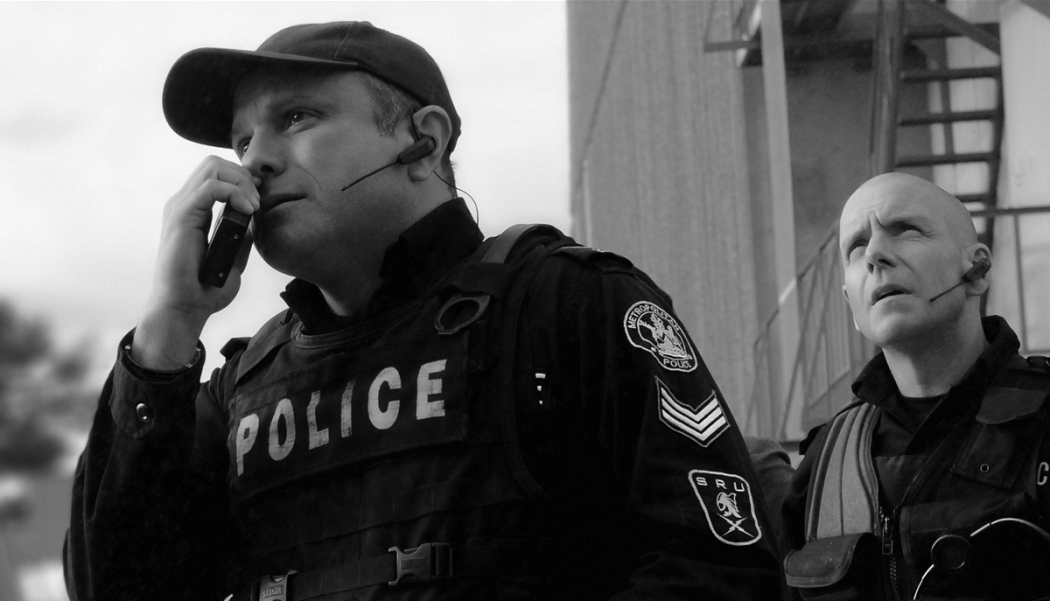
Flashpoint brings together the fundamental elements of a police drama: structured story, suspense, focused characters and above all, a thrill ride. What it also does is shift the spotlight equally to the psychological mindsets of the SRU team, the victims and the criminals. The show is pretty much a massive scrapbook of character studies, putting forward a variety of characters you just want to know more about. They are never over the top, creating a distraction from everything else, but neither do they lack the oomph to deliver that suspense and thrill we as the audience expect. The show really goes one step further when we dive deep into the minds of the individual SRU members, especially when put them into particular scenarios. The episode ‘One Wrong Move’ is a beautiful example of this. Marking the death of Constable Lewis ‘Lou’ Young, played by Mark Taylor, it features some of the most emotional scenes in the show. Each actor, in their own right, are brilliant, and in this particular episode, they let their hair down a little and deliver emotions beyond what we expect. That’s what made Flashpoint great; the unedited, raw emotion delivered by characters who are otherwise tough and rough. It highlights the humanity within the profession and brings the subject matter of show down to earth a little bit.
Beautiful characters were certainly in their plenty but what the show gifted its audience with was a selection of fine talent. I knew of Amy Jo Johnson before this show but everyone else was a new face. What transpired over the many episodes I perused through was the observation of absolutely talented performers. To go one step further: talented Canadians. Here is one show that truly puts Canadian talent front and centre. You are introduced to fresh faces in the industry, giving a chance to really reflect upon the abundance of talent we have in this country. From front runners such as Enrico Colantoni and Sergio Di Zio, to guest stars such as Tatiana Maslany, Ari Cohen and Christine Horne, Flashpoint is the perfect photo album; a collection of the best. With the popularity of the show, up and coming Canadians got a forum to showcase their work to a larger audience and in turn, get recognition for both their talent and their unique, individual character. Flashpoint, like a selection of other shows, truly became a talent incubator; a catalyst-of-sorts for Canadian artists.
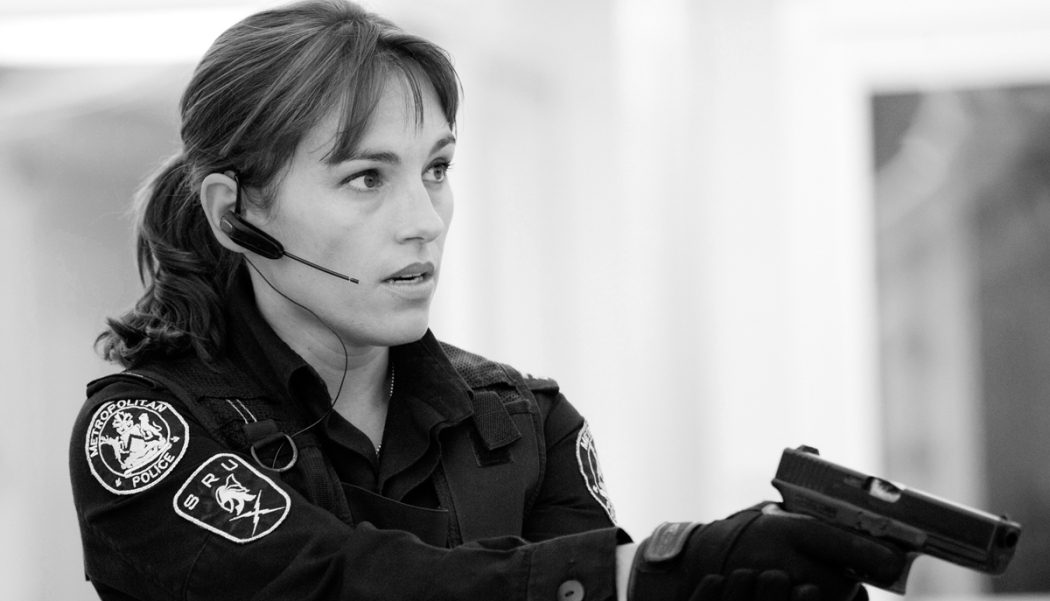
We as Canadians are quite proud of what we create. Whenever a production comes into town, we love the fact that they chose Canada and the reality that so many Canadians will be part of the creative process. Flashpoint though was more than just a production coming into town. Set in Toronto, the show created a local presence, giving a chance for Torontonians to reflect upon their own city and its many locations. In addition, pretty much the entire creative team is Canadian. The show is an example of what we Canadians can do not only for the world to see, but for us to see as well. We get a chance to be proud of ourselves in our ability to create. I’m probably ranting on right about now, but that’s the point. Canada is home to so many productions, most of which are set to international backdrops. Shows like Flashpoint let us localize our creative talents and then bring together our community of talent to make it all happen.
Its properly and proudly Canadian, features rich talent and a whole lot more. Now to something we just don’t spend enough time thinking about: the messages the show delivers. What I will state next is quite trivial but really, something we take for granted. The show establishes a variety of themes and subjects that we the audience can take away from. The one element that always resonated with me was the concept of respect. Respect for colleagues, close friends, strangers, and the importance of its existence in our current diverse social setting. Another element was friendship. What dictates good friendship? Remembering to call once in a while, caring for one another or at an extreme, being able to take a bullet for someone? Friendship is presented to us in various forms and gives us the opportunity to see its impact on decisions and outcomes. Other elements included that of trust, positive approach to problem solving and structured thinking.
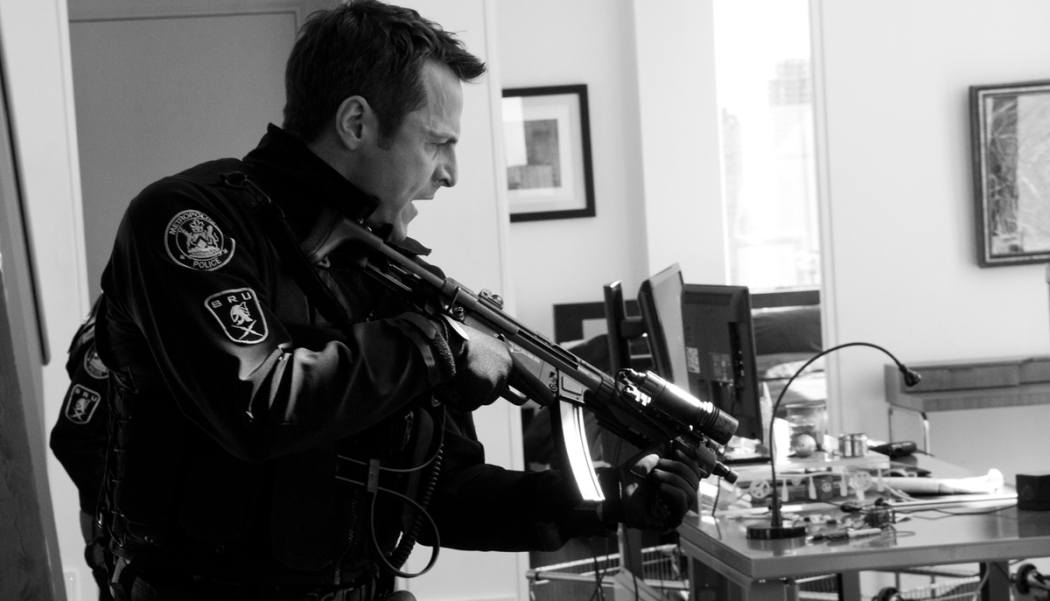
The one element the show preached from episode 1 was that of patience. We live in a fast paced community, always trying to run towards our goals. Flashpoint is the perfect example of ‘patience makes perfect’. The ability to be a good listener, carefully working out the details and then taking ones time to solve a problem. The only difference is that in our every day lives, we are usually trying to solve something feasible. On the show, its a matter of life and death. The program didn’t promote violence. What it did was put violence into a situation and then used critical thinking and patience as tools to solve an issue. The idea of talking it through, creating a connection with the source of the problem and then using the least deadly method of putting that problem to rest. Imagine if all the worlds problems were solved just through talking? The concept of patience the show delivered was one of the many reasons I loved it. People think its impossible to be patient. That’s simply not true.
I’m quite certain that at some point in this piece someone would have said “yes, but many other shows do that”. I’m sure there are other shows that have achieved the various things I’ve mentioned above. I certainly hope there are many! Flashpoint is a production that had an effect on us as Canadians in a handful of ways that we could see, and then in ways that we really didn’t think about too much. It’s a well crafted, simple-yet-complex piece of filmmaking and I’m glad I had the chance to experience it. Every decision the creative team made was for the best and even the decision to conclude the show was a good one. It bowed out on a high note and will forever be remembered as one of the greatest productions in Canadian television. I can’t wait to see what the creators are cooking up next!
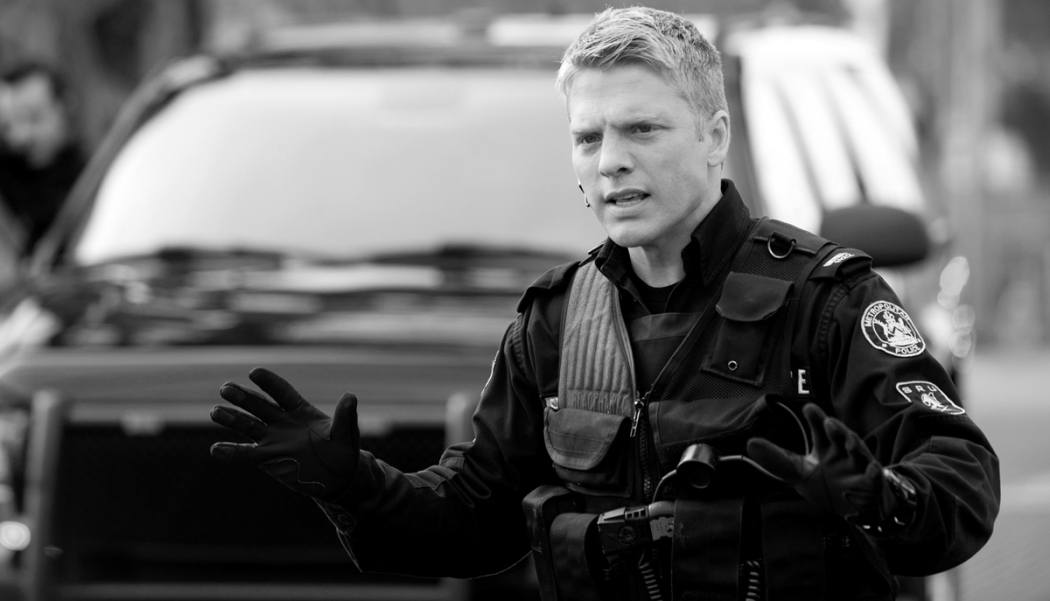



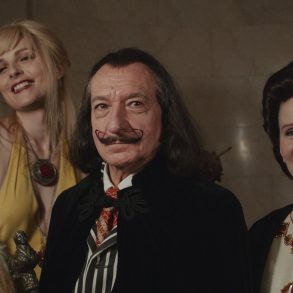



What a great article about a great show!! “Flashpoint” hooked me in with the first episode I saw. It was what got me really interested in following Canadian actors & productions. That was when I realized the wealth of great talent we have in Canada, not just the few that have migrated south! Now I actively seek out Canadian shows & movies. “Bon Cop, Bad Cop (2006)” being my all time favourite !! I got my 21 yr old to watch it & since then she too follows & takes great pride in Canadian talent.
I look forward to more great articles like this. Thank you.
Appreciate your compliment Judy, thank you!